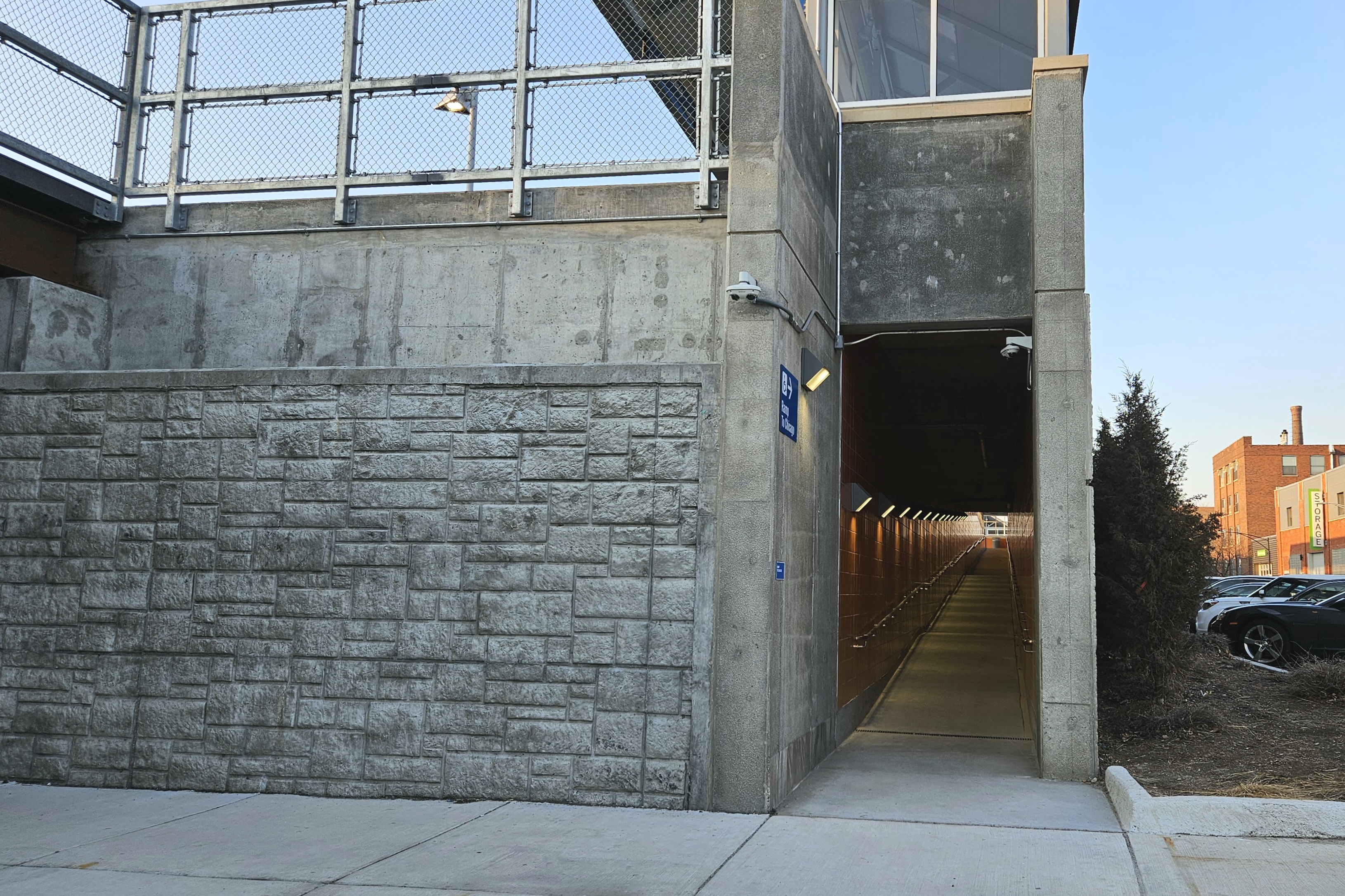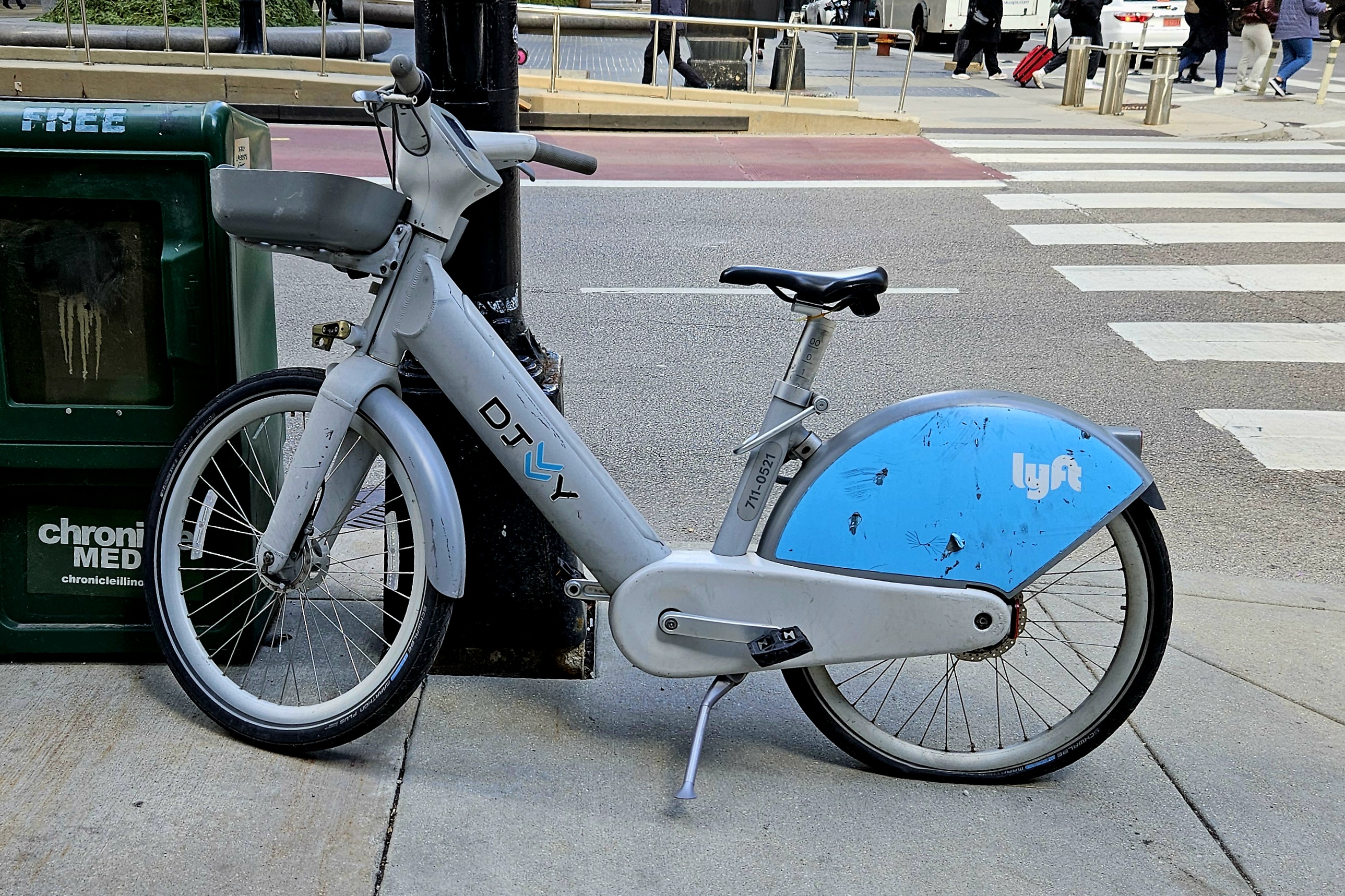It's official: with two days left, this is the warmest winter in Chicago history, with the average temperature since December 1st fully 3.5°C (6.3°F) above normal. We've had only 10 days this winter when the temperature stayed below freezing, 8 of them in one week in February. This should remain the case when spring officially begins on Friday, even though today's near-record 23°C (so far) is forecast to fall to -6°C by 6am. And that's not even to discuss the raging thunderstorms and possible tornadoes we might get as an energetic cold front slices through tonight. By "energetic," I mean that the NWS predicts a drop by as much as 16°C (30°F) in one hour around 10pm.
Not to worry: it'll be 17°C by Sunday. (The normal high temperatures are 4.7°C for February 27th and 5.4°C for March 3rd; the records are 23.9°C and 26.7°C, respectively.)
Meanwhile, I don't have time to read all of these before I pack up my laptop tonight:
And now, back to getting ready for the Sprint 103 release. That's a lot of sprints.
Before I even took off from Chicago on Wednesday morning, I snarked a bit on the widening gulf between US and European technology, particularly in public transport. I don't think Chicago's regional heavy-rail agency, Metra, heard me specifically, but it seems they have committed to introducing electric trains on one currently-Diesel route before the end of the decade:
Metra plans to buy battery-powered trains that could hit the rails as early as 2027 on the Rock Island line, potentially fast-tracking a move to greener and more frequent off-peak service.
The commuter rail agency’s board voted Wednesday to pay $154 million for eight two-car, zero-emission trains from Stadler U.S., of Salt Lake City, Utah.
The trains, unveiled by the Stadler U.S.’ Swiss parent company last year, are a significant departure from Metra’s well-known diesel locomotives and cars.
The Stadler trains have low-level boarding and ADA-compliant lifts. Each two-car powered train seats 112 people, with trailer cars seating about 46. The cars are connected by open gangways. Half of the trailer cars would include ADA-accessible bathrooms.
In its statement, Metra said the new trains could help achieve its vision of providing more frequent all-day service. The first sets are expected to be delivered in 2027 or 2028, Metra said.
So, the Rock Island line gets Saturday and Sunday electric trains only half a century after the all-electric S-Bahn opened here in Munich.
Which reminds me, on Tuesday coming home from work I discovered that the 13-year project to construct a single goddamn Metra station officially concluded with the opening of the inbound Leland Avenue ramp at Ravenswood, almost 7 months after the rest of the station opened:

But hey, the Metra Rock Island District will get eight two-car electric trainsets—made by a Swiss company—within the next four years.
Just noting these things to read later, as I have just a few minutes before boarding:
Finally, The Cut's financial-advice columnist Charlotte Cowles describes how she fell for a financial scam.
As I'm trying to decide which books to take with me to Germany, my regular news sources have also given me a few things to put in my reading list:
Finally, the North Atlantic has near-record jet streams again this week, approaching 360 km/h, and shaving 45 minutes off the DC–London route. I would love that to happen Wednesday.
New York Justice Arthur Engoron just handed the XPOTUS a $350 million fine and barred him and his two failsons from running a business in New York for years:
The decision by Justice Arthur F. Engoron caps a chaotic, yearslong case in which New York’s attorney general put Mr. Trump’s fantastical claims of wealth on trial. With no jury, the power was in Justice Engoron’s hands alone, and he came down hard: The judge delivered a sweeping array of punishments that threatens the former president’s business empire as he simultaneously contends with four criminal prosecutions and seeks to regain the White House.
Mr. Trump will appeal the financial penalty — which could climb to $400 million or more once interest is added — but will have to either come up with the money or secure a bond within 30 days. The ruling will not render him bankrupt, because most of his wealth is tied up in real estate.
Of course he'll appeal, but New York doesn't give him many grounds to do so. And given the scale of the fraud he perpetrated on the State, even this eye-watering sum will probably survive scrutiny from the appellate court.
In other news this afternoon:
Finally, the Tribune has a long retrospective on WGN-TV weather reporter Tom Skilling, who will retire after the 10pm newscast on the 28th.
Divvy, Chicago's bike-share program, seems to have some issues lately. For about two weeks now, almost no electric bikes have shown up on the app. This one, for example, clearly needs some TLC, and it's invisible online:

I counted half a dozen in my neighborhood that have dead batteries. My friends in other neighborhoods describe similarly grim situations, or worse: one rack in Lakeview had nothing but broken bikes, and showed 0 available on the app.
Divvy's Twitter feed doesn't provide much insight, either. They can only repeat "we'll have our Operations Team check it out!" so many times before it becomes self-parody.
On top of the subscription price increase that took effect last week, I and other users have gotten a bit annoyed. Divvy, what gives?
Another sprint has ended. My hope for a boring release has hit two snags: first, it looks like one of the test artifacts in the production environment that our build pipeline depends on has disappeared (easily fixed); and second, my doctor's treatment for this icky bronchitis I've had the past two weeks works great at the (temporary) expense of normal cognition. (Probably the cough syrup.)
Plus, Cassie and I have a houseguest:

But like my head, the rest of the world keeps spinning:
- A 3-judge panel on the DC Circuit Court of Appeals has ruled that presidents do not have blanket immunity from prosecution, which the XPOTUS has vowed to appeal en banc and then to his hand-picked Supreme Court.
- The Republican Party got the border deal they asked for, but they refuse to pass it because the XPOTUS needs border chaos for his re-election campaign. Greg Sargent has even more about their own-goal.
- Los Angeles experienced record rainfall yesterday, with a whopping 104 mm of rain recorded downtown, smashing the old record of 65 mm set in 1927.
- Here in Chicago, we expect above-average temperatures to hang out for the rest of winter, possibly even hitting 16°C later this week.
- That means we won't get to see the winners of this year's snowplow-naming contest: Skilling It, CTRL-SALT-DELETE, Casimir Plowaski, Ernie Snowbanks, Mies van der Snow, and Bad, Bad Leroy Plow.
- Speaking of roads, the Sun-Times ran an essay today outlining the history of Chicago expressways (motorways), and what we lost when we built them.
And now, my production test pipeline has concluded successfully, so I will indeed have a boring release.
A few months ago a Chicago Parking Enforcement Agent (PEA) tried to give me a ticket while I was paying for the parking spot online. I kept calm and polite, but I firmly explained that writing a ticket before I'd even finished entering the parking zone in the payment app might not survive the appeal.
Yesterday I got another parking ticket at 9:02pm in a spot that has free parking from 9pm to 9am. The ticket actually said "parking expired and driver not walking back from meter." Note that the parking app won't let you pay for parking beyond 9pm in that spot. Because, again, it's free after 9pm. That didn't stop the PEA, so now I actually will appeal, and I'll win. But it's a real pain.
Again, I thank Mayor Daley for jamming through the worst public financial deal in the history of the United States.
Meanwhile, I didn't have time to read all of these at lunch today:
- Almost as shocking as the realization that privatizing parking meters games the system in favor of private interests against the general public, it turns out so do traffic impact studies.
- The Illinois Board of Elections voted unanimously to reject an effort to keep the XPOTUS off the Republican Party primary ballot, citing an Illinois Supreme Court ruling that excludes the Board from constitutional questions.
- Former South Carolina governor Nikki Haley (R) won't win the Republican nomination for president this year, but she will make the XPOTUS froth at the mouth.
- Of course, she and others in her party persist in trying to make their own voters froth at the mouth, mostly by lying to them about the state of the economy, cities, and other things that have gone pretty well since 2021.
- Of course, perhaps the Republican Party lies so much to cover their demonstrable incompetence at governing?
- Christopher Elmensdorf warns that the clean energy bill winding through the Democratic offices on Capitol Hill will lead to endless NIMBYism—not to mention bad-faith blockage by fossil-fuel companies.
- For only $120,000 a year, this consultant will get your kid into Harvard.
- Helmut Jahn's new building at 1000 S. Michigan Ave. looks super cool.
I will now go back to work. Tonight, I will schedule my parking appeal. Updates as conditions warrant.
Ctrl+W closes the active browser window, you see. I meant to type the word "Wade" in italics but somehow hit the Ctrl key instead of the Shift key. There may be some irony there.
Possibly the warmth has addled my brain? It's just gone above freezing for the first time since the wee hours of January 13th. It's also gloomy and gray, but those things go together.
Anyway:
Finally, European researchers have published a report suggesting that domestic dogs wag their tails because humans like the rhythm. I will shortly go test this theory on my resident tail-wagger.
Wow, is this a Chicago story.
On January 6th, a local comedian posted a photo of what he thought was the impression of a rat in concrete on a Chicago street. (Local residents claim it's actually the death mask of a very unfortunate squirrel that fell from a tree into the wet concrete decades ago.) Quickly dubbed the "Chicago rat hole," it went viral, and so far thousands of people have made pilgrimage to 1918 W. Roscoe St. to see it.
Well, yesterday, some jagoff filled it in with "a plaster-like substance." But fear not! Locals rushed to its rescue in a way one can only hope they rescued the original artist:
NBC5 reported the rat-shaped sidewalk hole near near 1918 W. Roscoe St. was filled in with a “concrete-like material.”
t’s not clear who has a problem with the rat hole and doesn’t want us to have nice things, but Lakeview neighbor Johnathan Howell grabbed his license plate and went to work digging out the hole, NBC Sports’ Alex Shapiro reported. Other neighbors joined in, using other small tools to help.
By early afternoon, the hole looked mostly back to normal, though remnants remained of the filling, melted snow and slush.
The material used to fill in the rat hole appeared to be some type of plaster or modeling clay. Neighbors who had made a pilgrimage to the rat hole during their Friday lunch were relieved the desecration of the landmark was not permanent, they said.
The Lakeview Roscoe Village Chamber of Commerce launched a contest last week to come up with a nickname. The five finalists:
- Lil’ Stucky
- Splatatouille
- Splat
- Roscoe Road-dent
- Dibs
You know, as a student of history, I always wondered why people spent most of the 1920s and 1930s chasing silly fads. (Woody Allen nailed this phenomenon in his 1983 film Zelig.)
So here we are: a beloved Chicago fad, defiled by a spoilsport (my money's on Streets and Sanitation), rescued by neighbors. That's us.